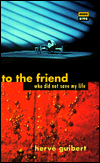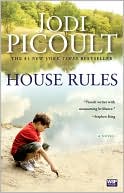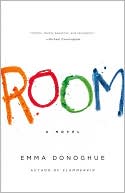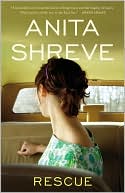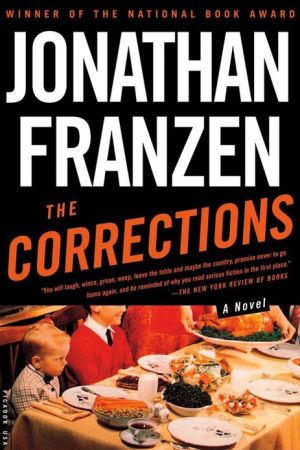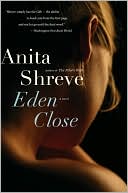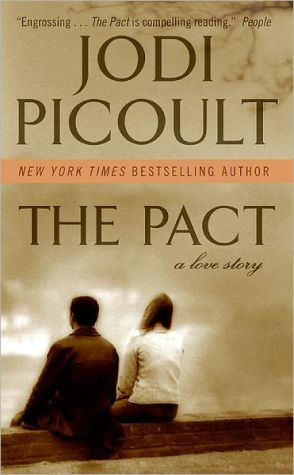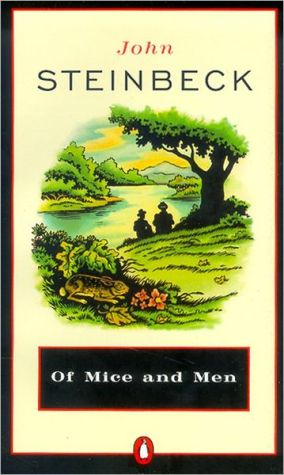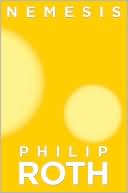To the Friend Who Did Not Save My Life
Search in google:
\ Publishers Weekly\ - Publisher's Weekly\ ``I had AIDS for three months,'' opens this moving French bestseller, which reads like a personal memoir. Delivered with wit, verve and valor by a seasoned author and former Le Monde journalist, the novel chronicles the experiences of its bisexual protagonist and narrator, a writer/newsman to whom the author gives his own name and who at 30 is so fair and cherubic that hookers in Mexico offer themselves gratis. Empathetic and informative about AIDS, packed with medical information, the account miraculously avoids sounding lugubrious. Instead it absorbs the reader in physical details of protagonist Guibert's illness and daily routines (e.g., the constant drawing of blood samples), and of his mood swings upon learning he is ``seropositive.'' Metaphors for the disease include bullfighting, colonization, a game of Pac Man. Fearing he may crave a swift death, Guibert amasses a suicidal dose of a heart drug. Others who are doomed, both gays and straights, offer one another comradely support, even as they rally around another dying friend, a famous author named Muzil (a character based on French philosopher Michel Foucault). The false ``friend'' of the title is the manipulative manager of a pharmaceutical lab, who feigns sympathy, dangles hope of a pioneering vaccine and gloats that he is not infected. Even those who might hesitate at reading a book on this tragic subject will respond to Guibert's intelligent, humane tale.\ \ \ \ \ Library JournalEven fictionalized AIDS can rivet, and this novel does not disappoint. The narrator, a bisexual also named Herve Guibert, is friends with the gay intellectual Muzil, based on the French structuralist philosopher Michel Foucault. Guibert realizes that he has AIDS when his symptoms resemble those afflicting the ailing Muzil after his return from the San Francisco bathhouses. Guibert naturally jumps to conclusions when his friend Bill, manager of a pharmaceutical laboratory, expresses hope for a vaccine. When that hope fizzles, Guibert's response recalls the philosophical parallel he has drawn between the mind of the terminally ill and the celestial black holes that paradoxically survive by eating into themselves. Written in the form of a random journal, this work offers both convincing medical descriptions and probing personal analysis.\ \
